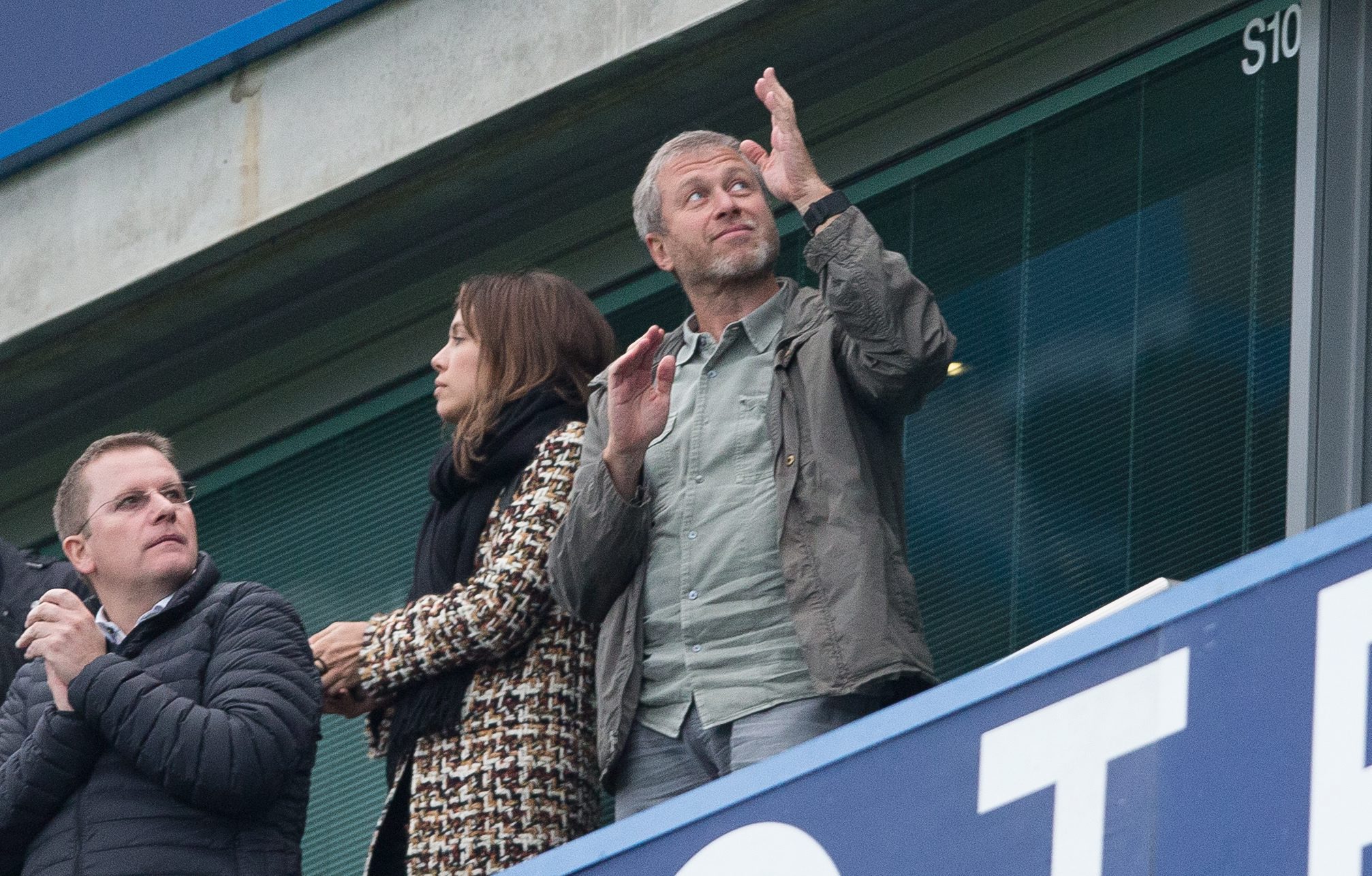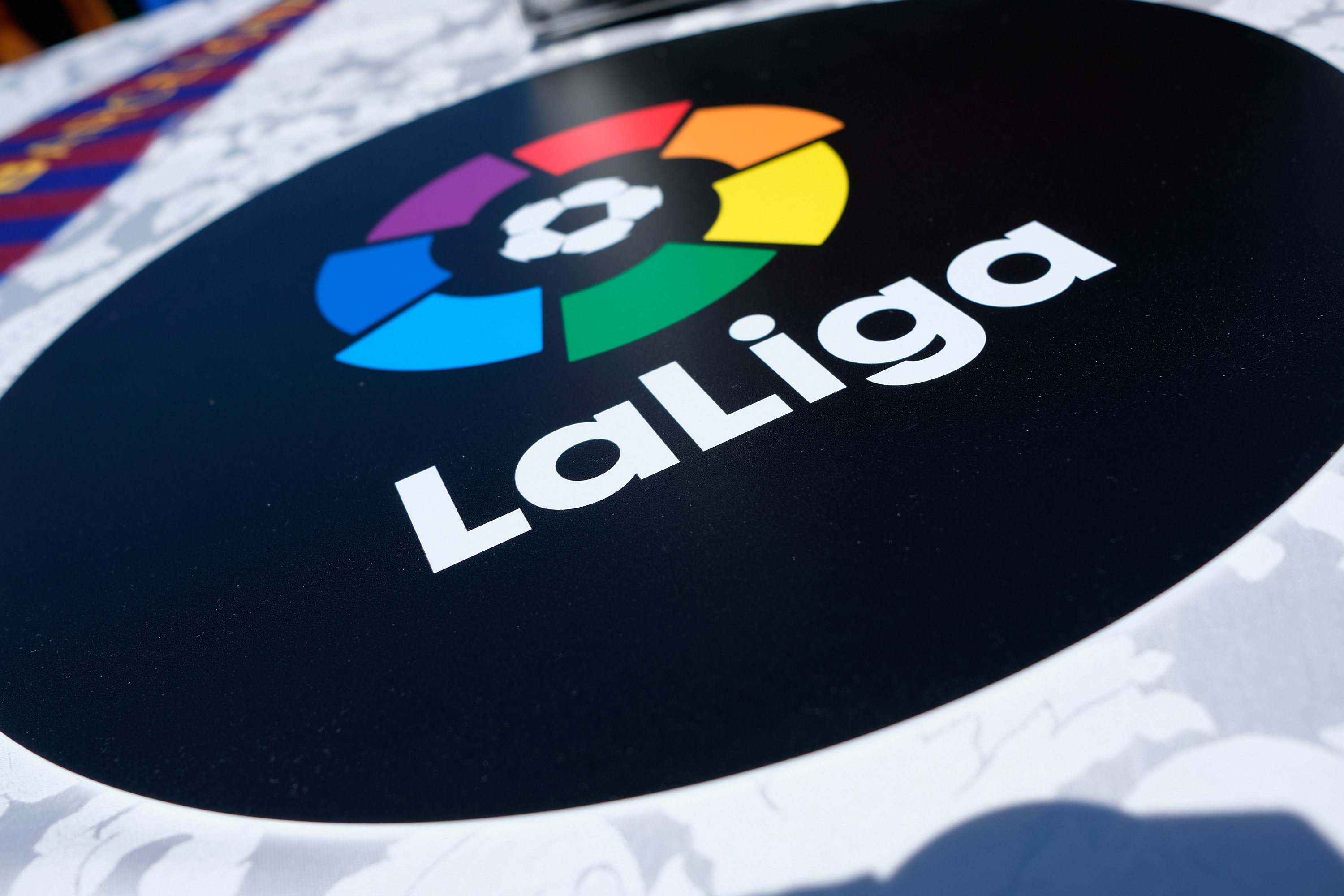In the wake of Roman Abramovich’s momentous decision to sell Chelsea Football Club, a conflicted Blues fan faces a long overdue moral reckoning.
A confession is perhaps the best place to start. I support Chelsea because of Roman Abramovich.
Yet, when the Russian oligarch confirmed in a statement that appeared on Chelsea’s official website on March 3, 2022 that he had made the ‘incredibly difficult’ decision to sell the club, I didn’t feel sad. I didn’t feel much of anything, which surprised me, given that the club has been a part of my life for nearly two decades now. Abramovich is inextricably linked with Chelsea’s incredible highs and very few lows since his takeover of the club, and by extension, the highs and lows of my life growing up as an overseas Chelsea supporter.
Over the past 48 hours, I have obsessed over two questions. Why has the looming end to the most successful era in the club’s history failed to elicit much emotion from me? Perhaps more importantly, what am I supposed to feel?
I should digress briefly to qualify what I mean when I say that I am a Chelsea supporter because of Abramovich. I didn’t, of course, know who he was or what he did as an eight-year-old with a bit of a contrarian streak and a nascent interest in football, thanks to the 2002 FIFA World Cup.
The Premier League was new and exciting in India in the early 2000s, and much of the support in the country at the time was split between English football’s traditional powerhouses: Manchester United, Arsenal and Liverpool. EA Sport’s FIFA 2002 computer game first introduced me to Chelsea Football Club, which prompted me to take a passing interest in the club’s fortunes in Premier League football. But it wasn’t until Chelsea, bankrolled by Roman’s millions, first won the Premier League title in 2004/05 that I became obsessed with the club.
Chelsea employed a charismatic Champions League winner in Jose Mourinho and signed world class talents to force their way into the upper echelons of English football. Those were exciting times for the club, and it was clear that Roman Abramovich was just getting started. As the Premier League’s nouveau riche, Chelsea went from being the ‘second team’ of many to an almost universally hated entity. The unapologetic takeover of English football was utterly compelling, but the ire it drew from rival fans appealed just as much to the contrarian in me.
Typical glory hunter, then? Guilty.
Not that I would have admitted it then, or even later in my teenage years. I had no geographical connection to Chelsea or London generally, but the vicarious highs of Chelsea’s footballing success were enticing. The same highs would have been highly improbable without Roman Abramovich’s funding. People like to follow successful sports teams, it turns out.
It is difficult to imagine what my life would be like if I weren’t a Chelsea supporter. A little voice in my head tells me that I can’t unlink that from Abramovich’s ownership of the club.
Chelsea has been a regular source of hope and joy in difficult times in my life. Amid emigrating to Australia as a 14-year-old and overcoming the culture shock that accompanied it, navigating through my teenage years while wondering what I was meant to do with my life, and trying to find my place in the world in my twenties, Chelsea has been a constant. It has been an ever-present escape – my safe place.
Because of my support of Chelsea, I have met like-minded people across the globe and forged friendships that I hope to maintain for life. I’ve always liked to write, but my passion for Chelsea prompted me to write regularly. It’s part of the reason I was hired for my day job – which, don’t worry, I will not be quitting any time soon.
It’s not just me, of course. Chelsea fans who had followed the club for decades through the lower divisions and endured long trophy droughts before Abramovich took over have experienced unprecedented, life-affirming success. The Blues have won every trophy available in club football, including five Premier League titles and two Champions League crowns. The first and only team in London with a European Cup.
Abramovich has made it possible for countless footballers whom I have hero-worshipped to live their dream and fulfill their professional ambitions. As prospective bidders are undoubtedly aware, Chelsea is not a consistently profitable club. While there has been an attempt to move towards financial sustainability in recent years, there is no disguising that Abramovich’s funding has kept Chelsea competitive at the top level of English and European football. His official statement declaring his intention to sell the club was careful to clarify that he would not ask for any loans to be repaid. A legally meaningless statement, but one that undoubtedly gave Chelsea fans a warm fuzzy feeling when they read it.
Through the club’s foundation, Chelsea’s various charitable efforts have made a real difference in the local community. The club’s response to the COVID-19 pandemic was exemplary and was widely praised by the football world. Although Roman operated from the shadows, his appearances in the stands to watch his team play left no doubt in any fan’s mind that he lived and breathed Chelsea as much as we all did. He is one of us. What more could you possibly want from the owner of your football club?
Maybe I am supposed to feel eternal gratitude towards Roman Abramovich and sorrow that he has decided to sell the club. To an extent, I am grateful. But – there’s that annoying little voice in my head again – isn’t that how sports washing works?
Abramovich’s reclusive nature has afforded Chelsea fans the ability to morally distance themselves from his actions outside of football. That is no longer possible in the wake of Russia’s recent invasion of Ukraine. As much as Abramovich might insist that he has no links to Vladimir Putin or the Russian government, his country’s actions have directly led to his decision to sell the club. That, in turn, has precipitated a moral reckoning that is perhaps long overdue.
The source of Abramovich’s wealth is no secret. Primarily the beneficiary of a ‘rigged’ auction of state-owned assets at a time when the common man in Russia suffered, Abramovich’s part-ownership of Sibneft oil company eventually made him a billionaire. He may have bought Chelsea in 2003 because of his love for the game and desire to be a part of it, but the political power, influence, and protection that his ownership yielded were more than just an incidental by-product. In the process, he also gained a burgeoning army of loyal supporters, willing to sing his praises and vociferously defend his honour.
The murky details of his other investments were an irrelevance, buried by his generous funding of Chelsea and the success it facilitated on the football pitch. The Daily Mail revealed recently that Abramovich transferred his shares in Evraz, a Russian steel making and mining company, from an offshore Virgin Islands-based company directly to himself ahead of Putin’s invasion of Ukraine. It is thought the move was an attempt to make his shareholding less vulnerable to sanctions. It is also claimed that the company’s material is used to make Russian tanks, making it important to its arms industry.
More disturbingly, leaked documents seen by BBC News Arabic (h/t The Guardian) revealed that Abramovich has made donations to the tune of £74m to an Israeli ‘settler group’ that has reportedly “sought to strengthen the Jewish presence in the (Palestinian) neighbourhood of Silwan at the expense of its Arab residents.”
Thanks to the tribalism inherent in football, journalists who have raised any of these issues on social media have generally been met by whataboutery, if not outright abuse from Chelsea fans, and have been accused of having agendas.
Fine, voice in my head, that is how sports washing works.
To be clear, Abramovich’s dealings are not the fault of Chelsea fans, who had no control over them and who should not be begrudged the joys of supporting a very successful football club. I would be a massive liar if I claimed I had any of this moral conflict when I celebrated the many trophies that Chelsea have won under Abramovich.
But maybe a level of detachment and circumspection is necessary for our assessment of Abramovich as he departs the club. Perhaps it’s not a good look to chant Roman Abramovich’s name during the show of support for Ukraine that preceded Chelsea’s 4-0 win over Burnley at Turf Moor on Saturday, as some in the away section saw fit to do.
Roman’s performance as a club owner also warrants further scrutiny, in the cold light of day. Perhaps that merits its own article, but in very basic terms, it could be argued that the same passion and level of involvement that put Chelsea on the map also held the club back from reaching its true potential. The ruthlessness and short-term thinking occasionally paid off handsomely, but one wonders how much more Chelsea could have won had Abramovich relinquished some level of control of the football operations to an experienced director of football. Operating based on the whims of a billionaire oligarch was not, perhaps, the grand success it’s made out to be.
Adulthood has quickly disabused me of any absolute notions of right and wrong, good and evil. As I try to form my view of the world and the principles and people that matter to me, almost every day seems to present a moral conflict.
Was that really just locker room banter or exactly the sort of insidious sexism that I should be calling out? How do I reconcile my affection for a friend or family member with a world view I find abhorrent? Can I, in good conscience, completely neglect the darker aspects of the influence Roman Abramovich wields to support my football club?
The constant internal conflict and external equivocation is wearying. Not having to consider at least one of those questions is a small win. Abramovich’s legacy at Chelsea is undeniable. But in growing up supporting Chelsea over the past couple of decades, I have come to realise what was perhaps obvious to many already: the success of my football team is not nearly as important as the pursuit of it, the trophies irrelevant in comparison to the sense of belonging to a community. That will survive the departure of any one player, manager or even owner.
Yes, Abramovich’s funding may indirectly have been the reason I chose to support Chelsea, but its absence won’t end my support for the club. It’s clear that this journey is for life, whatever the future holds and whatever the club’s fortunes might be in the years to come. Perhaps this clarity is why I didn’t have any strong feelings when I read Abramovich’s statement. The show must go on.
What am I supposed to feel about Abramovich leaving the club? I still don’t know. But the overriding feeling is one of relief. And I’ve made my peace with that.





